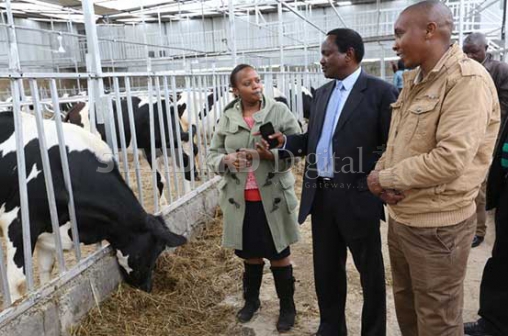×
The Standard e-Paper
Kenya’s Boldest Voice

Business ventures are not always what they appear at face value. And agriculture is no exception. The underpinning factors, we have found from farmers, are the same: myths, half-truths and lies.
They disarm farmers’ preparation; increasing susceptibility to failure. Established and upcoming farmers previously covered in Smart Harvest were interviewed to shed light on some of the fallacies they held about farming.